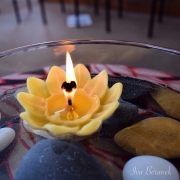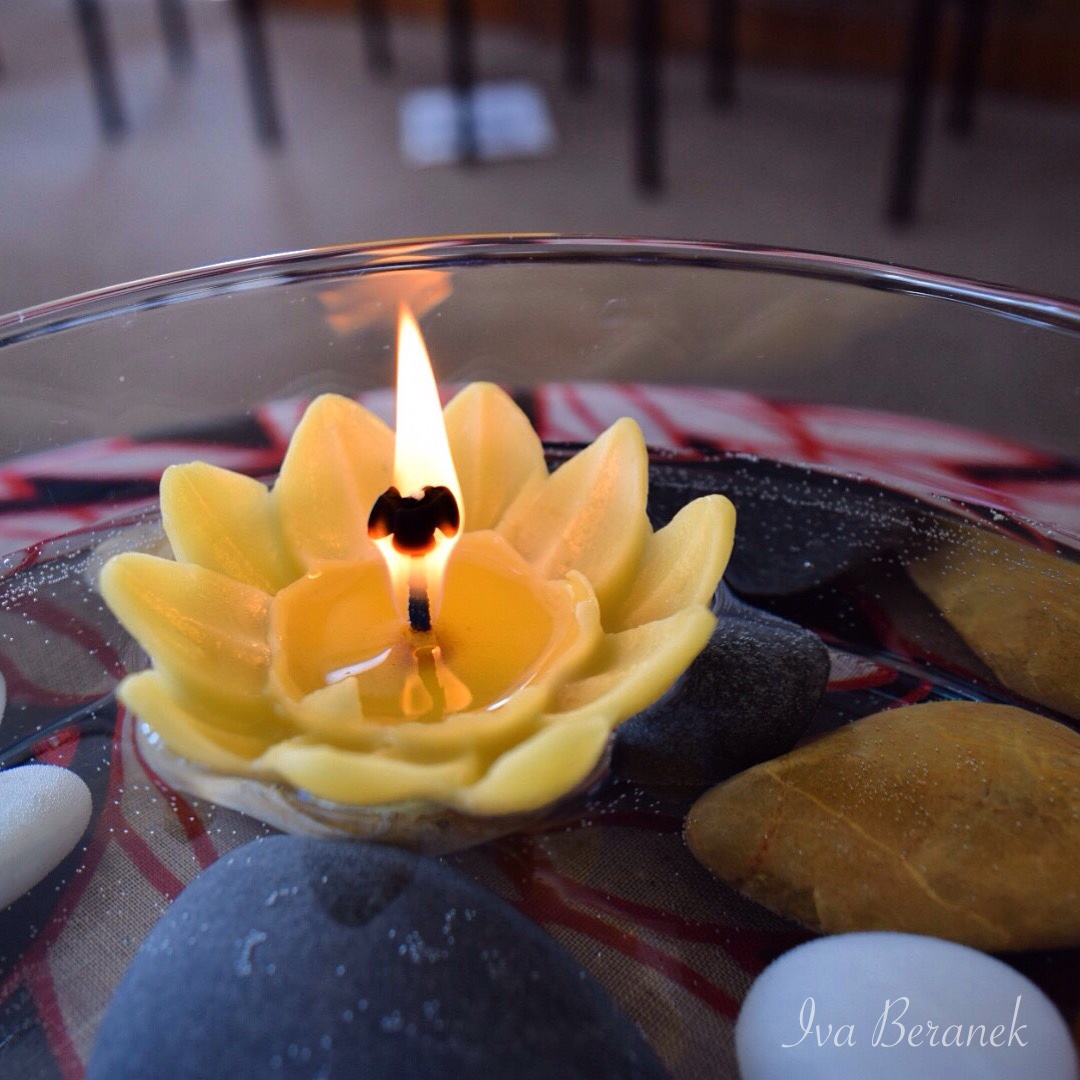A call to contemplative practice
“I am the vine; you are the branches. If you remain in me and I in you,
you will bear much fruit; apart from me you can do nothing.”
(John 15:5)
In our very vocal and busy culture it can be difficult, if not even countercultural, to dedicate time for silent prayer. It may appear that we are doing nothing, achieving nothing, and going nowhere in particular. Fruits of a rich (inner) prayer life are not gathered instantly. They take time to be nurtured, they take time to become visible and to show. But in this going nowhere we are meeting God, and that is what matters.
Recently I was at a day event organised by the New Monasticisms Ireland. The speaker for the day was Dr. James Finley, once a monk at the cloistered Trappist monastery in Kentucky, where Thomas Merton was his spiritual director. Dr. Finley spoke about ways to live a more contemplative life in the contemporary world. He encouraged us to find a contemplative practice and to commit to it. “Try a contemplative practice for three months and notice how your capacity increases”, he said. For instance, our capacity to not be so reactive is likely to increase, we should be able to set appropriate boundaries (more easily), and our capacity to love is likely to increase too. Dr. Finley explained that contemplative practice is “any act habitually entered into with your whole heart that takes you to a deeper place”.
Even observing beauty can become a contemplative practice. Becoming aware of the beauty of creation and pausing in order to appreciate it can in itself be an act of gratitude to God who created the world. The act of appreciating beauty can turn into prayer. “Beauty calls us to attention. It slows us down. This, in itself, is the beginning of contemplation” (Macrina Wiederkehr).
In the Gospel of John, Jesus tells us that if we don’t spend time with Him, we will cut ourselves from the source that is to feed our inner life. Out of this source all our actions are supposed to spring. Dedicating time to prayer, spending time with Christ, pausing to appreciate beauty, all of these are to take us to the source, to the river of life, where our souls can rest in God’s. Then when our unspoken words have been soaked in the silence of prayer, when our actions come out of the hands that know how to bless, we will learn to act more like Christ does.
Contemplation, same as the Eucharist, call us to action, they call us to respond to the needs that we see in the world. But they call us to action together with God, aware that He is the only true source for healing the world’s ills. Even in our silent prayers we can offer to God situations that stir our hearts. While no one will know it, for it will be done in silence, our prayers will become a means of healing, of sharing Christ with the world. Our doing nothing will turn into ministry. Hopefully, if we practice this through prayer, we will be able to do so more graciously in real-life situations too.
Iva Beranek
Dr Iva Beranek is the Ministry Facilitator for the CMH: Ireland


